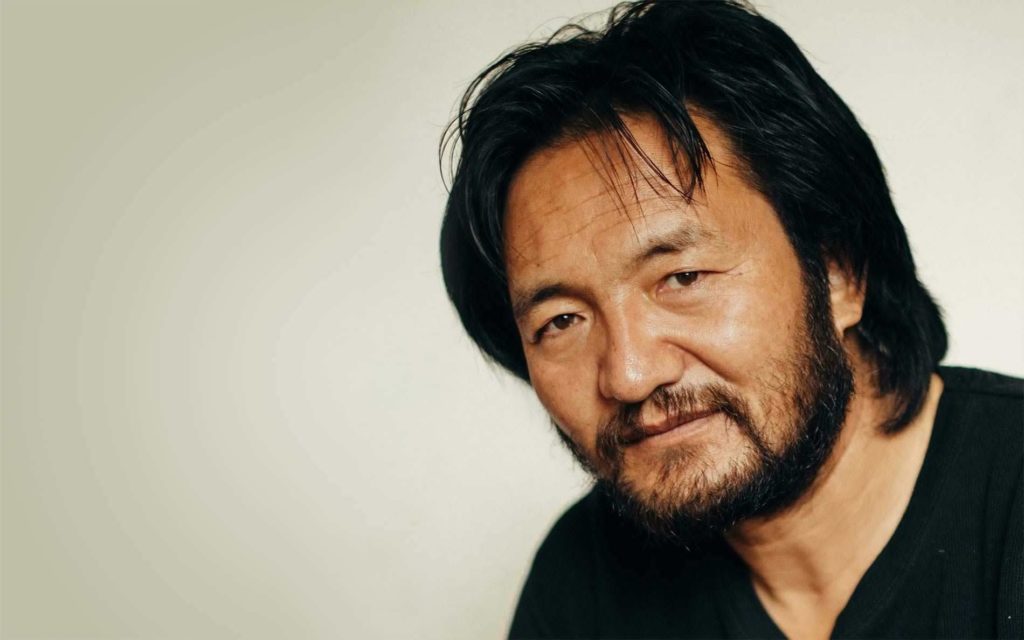More than six decades of refuge in a foreign country should’ve precipitated for an intense and violent longing for freedom. However, comfort and the new age materialistic struggle has effaced prominent ideas and has left, in its place, a shallow outlook on the concept of freedom and the disturbing habit of expressing gratitude. Non-violence has always been the fulcrum of the idea of Tibetan independence; but except for peaceful marches in New Delhi, there is little proof regarding the accepted nature of the Tibetan freedom struggle and those who carry it.
Lukar Jam Atsok, a fierce proponent of complete independence for Tibet and a critique of the Dalai Lama, has been the face of condemnation for many Tibetans. His poem for the late Elliot Sperling where he expressed that the historian should’ve lived for 113 years drew immediately censure from people online and which eventually resulted in the vandalization of his vehicle outside his residence in Dharamsala. The outrage is understandable, but the fanaticism is not.
Even though the Dalai Lama has made it explicitly clear that he is not perturbed by his critiques, it is the Tibetan people who have decided to carry the mantle of righteousness and in turn decide what will be allowed to be said about the Dalai Lama and what will not be allowed. Many Tibetans view the inherent luxury of comfortable refuge as a gift from His Holiness and in a bid to express their gratitude and service, they have taken to fiercely defending the 14th Dalai Lama in his dotage.
This shallow outlook on the perception of Tibetan freedom struggle, that Tibet means about the Dalai Lama and his people, that Dalai Lama’s survival holds true the existence of Tibet and that views and opinions about how Tibetans should proceed ahead is only a chess game restricted to the boundaries of the Tibetan parliament in Dharamsala, have undeniably corrupted the essence of being a Tibetan refugee. Direct criticisms from the Tibetan Prime Minister’s office have not made it easier for critiques and writers to voice their concerns about the movement. And in the farrago of uncertain times where bodies immolate next to each other, the vision has been blurred and narrowed.
Violence is not disagreement, it is violence. The 14th Dalai Lama previously held both the position of being the political leader and the religious leader. His policies towards China which have largely been about mutual benefit and not detrimental to one party has undeniably impended for China practicing more laxity in occupied Tibet (the focus being). When a writer like Lukar Jam criticizes the Middle Way policy, he has all the rights and sensibilities to share his own opinion on the matter no matter how disagreeable his views are. Criticising the Tibet policy is not anti-Dalai Lama, as is wishing that Sperling had gone on to live 113 years.
Attack on writers and critiques are akin to Chinese troops subjecting ‘separatists’ to imprisonment. If not for the law of the land which seemingly holds justice against people deprived of identity, how volatile will be the situation then; how unabashed will be the naysayers?

